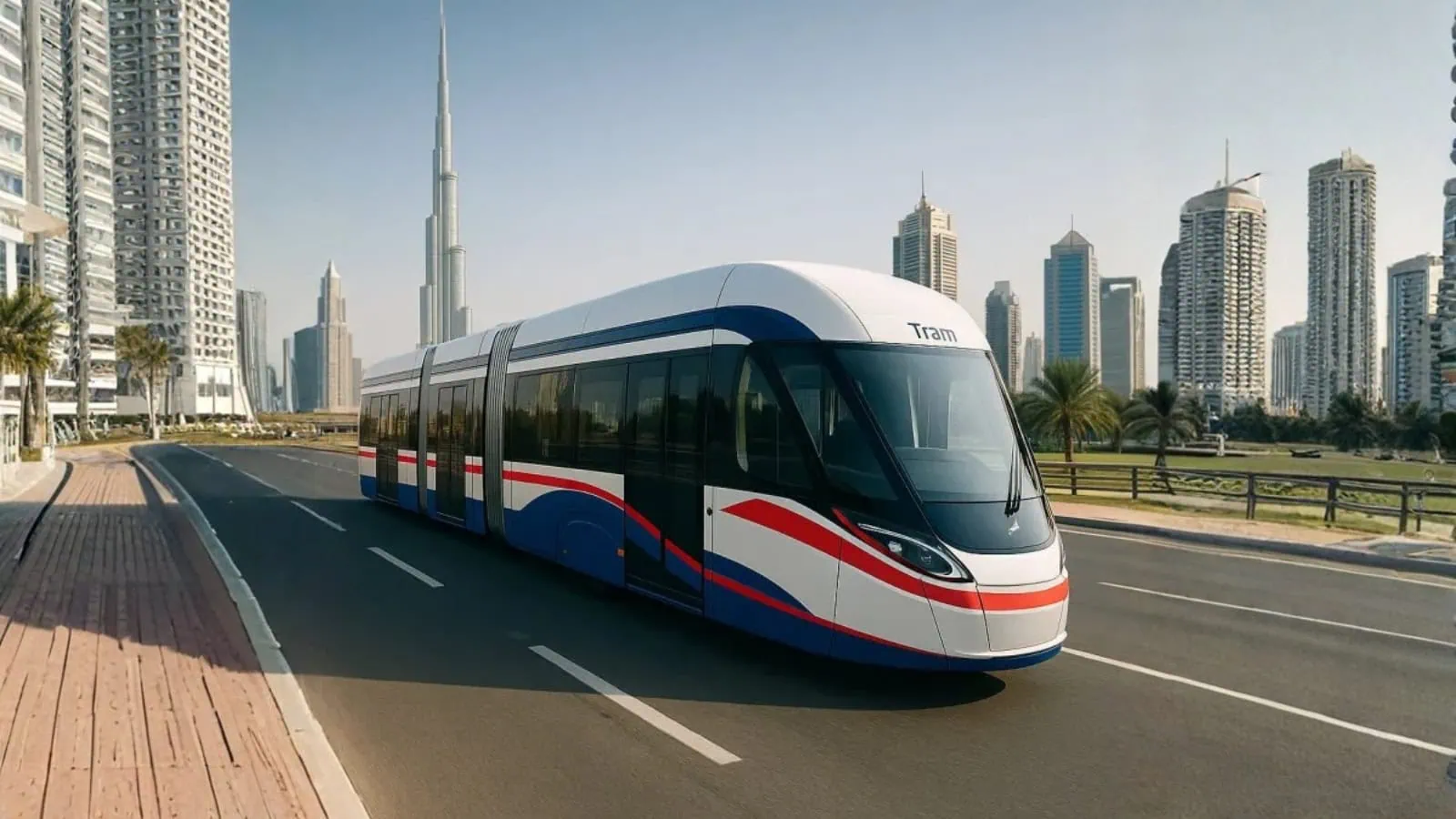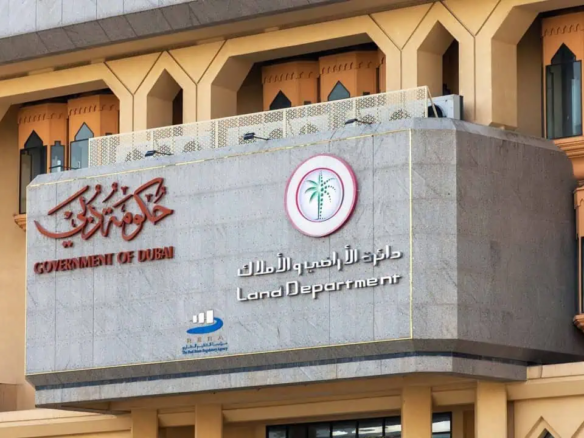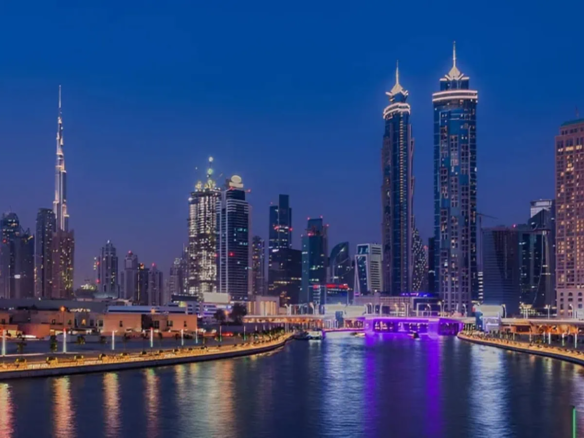Dubai’s Roads and Transport Authority (RTA) has unveiled its latest leap in smart mobility — the Trackless Tram, a next-generation public transport system that operates without traditional tracks. The innovative tram uses optical navigation, GPS, and LiDAR to follow virtual routes with precision, adjusting its path in real time through AI-powered obstacle detection.
Each tram will consist of three carriages, carrying up to 300 passengers, reaching speeds of up to 70 km/h, and covering 100 km on a single charge. The system promises to be more flexible, sustainable, and cost-efficient than conventional rail networks, marking a major advancement in Dubai’s public transport infrastructure.
Mattar Al Tayer, Director General and Chairman of the RTA, said the project reflects Dubai’s ambition to lead the world in smart and sustainable transport. “From the Trackless Tram to aerial taxis, we are creating an interconnected ecosystem where technology anticipates needs, enhances safety, and delivers a seamless, sustainable travel experience,” he said.
The RTA is showcasing the tram and other AI-driven innovations at GITEX 2025, running from October 13 to 17. Among these breakthroughs is the Smart Vehicle Network, which predicts and manages real-time traffic flow, reducing delays by 25% and operational costs by 30%. Other key systems include AutoCheck 360, an automated vehicle inspection solution that cuts inspection time from 17 to 7 minutes, and ARIIS, an AI-based rail inspection tool that improves metro safety by 70%.
Dubai’s Aerial Taxi, currently in local trials, will soon allow passengers to travel from Dubai International Airport to Palm Jumeirah in just 10 minutes, integrating seamlessly with the city’s transport network.
The RTA’s participation in GITEX highlights its broader strategy to use AI, IoT, and big data to enhance mobility, safety, and user experience. “We are leveraging AI and analytics to deliver predictive, proactive, and integrated transport services that elevate quality of life for residents and visitors,” Al Tayer added.




